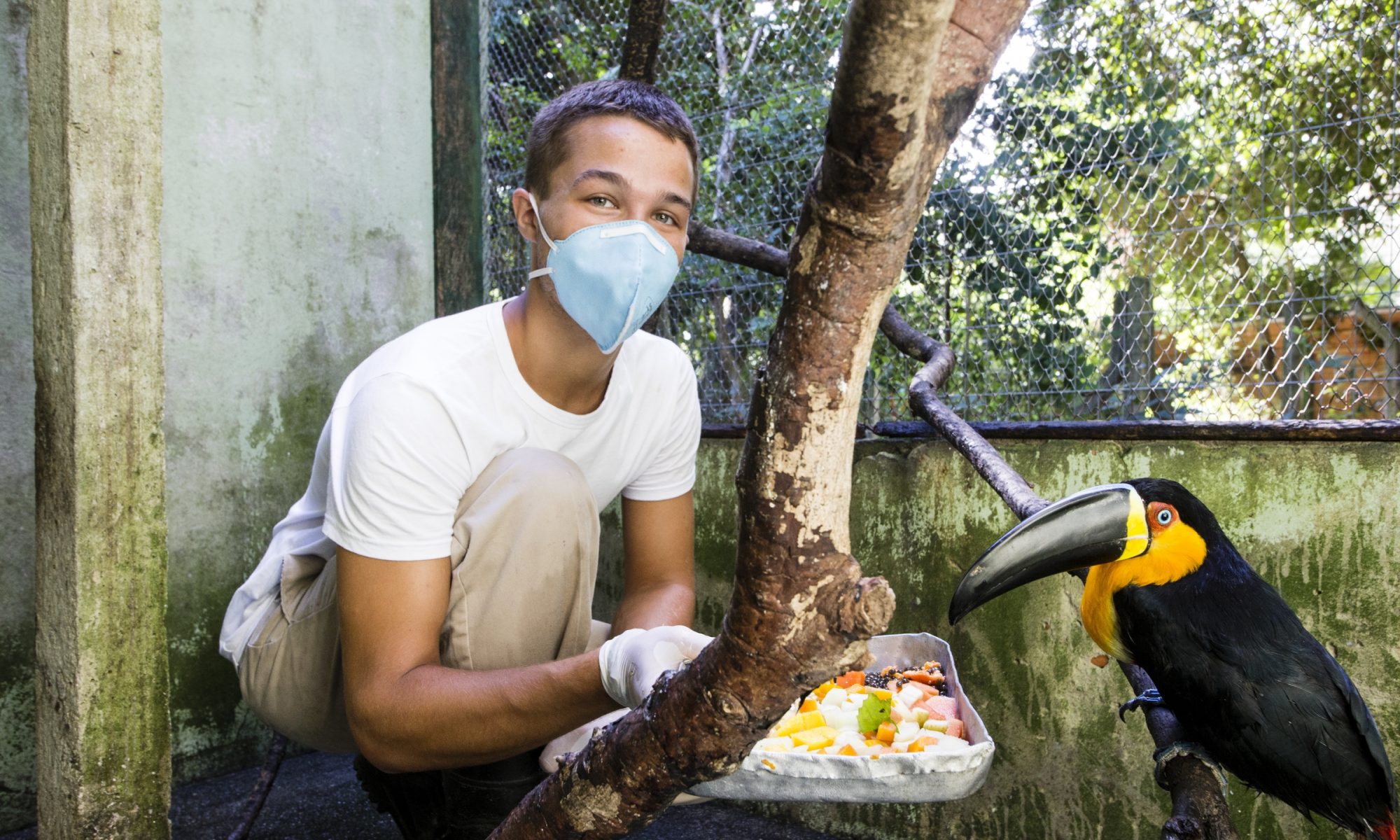By Arlyss, Tufts 1+4 Participant
It’s that dreaded question. The one we want to—need to—ask, but the one we try to avoid. The four words that can instantly make us seem anti-social and uninterested, but we take the risk anyway: “What’s the WiFi password?”
A couple of weeks into our time in Ecuador we were all given “ecuaphones.” In other words, we were given the years-old phone where you have to click the “2” button three times to type a “c” then wait a couple of seconds to hit the button again to type an “a.” These were to be our form of communication as most of us don’t have regular access to WiFi during the day.

I’ll be the first to say, it was a strange adjustment. I’m used to checking my phone regularly, so whenever we went somewhere and there was WiFi, I would try to connect. During our first week in Ecuador, we had orientation in our soon-to-be Spanish school, which did in fact have WiFi. At lunch breaks, Christine, another Tufts 1+4 fellow, started a phone pile. Rather than use our phones for the little time we could, we would just sit and talk and enjoy each other’s company. We didn’t have the opportunity to text our friends from back home and then consequently feel homesick. Instead, because we unplugged, we bonded and got to know each other better, creating the amazing friendships we now have. We were able to become more connected to the beautiful space we were in (and appreciate the fact that we were in Ecuador!).
Now, at the school where I work each day, there’s no internet. I’ve adjusted to not using my phone during the day, to not feeling the need to—or even wanting to—use it during the day. When I’m at home on weekends I leave my phone in the other room for hours. This simple change may sound insignificant, but it feels really nice to not be attached to my phone and to be more attentive to the world around me. I can admire every stray dog walking the street, every astonishingly high pair of heels people are wearing (here in Ecuador, I’m finally not the short one of the crowd!), and every stunning view of the mountains.
And the best part of not using my phone? The personal connections I’ve made. When I get in a cab, I can’t just pull out my phone, so instead I usually talk with the driver. I had a long conversation with one of my taxi drivers about our families and what I’m doing here and his favorite parts of Cuenca. We even joked about me dying my hair blonde, but he told me it looked natural. On the bus I had an elderly woman tell me about the importance of unity and Catholicism, I talked with the mother of a family about her weekend trip to Cuenca, and I chatted with a thirty-year-old man about the fun activities of the Festivals of Cuenca and the adjustment to living here. I’m not buried in a phone screen, I’m open to the world—and I’m practicing Spanish!
Recently, the other Ecuador fellows and I went on our first excursion outside of Cuenca. Our only opportunity for WiFi during the weekend trip was to stand at the front gate of the hostel. Rather than spend time doing that, some of the other fellows and I just chose to accept a phone-free, internet-less weekend. It was so refreshing. There was no desire or need to use our phones. Instead of looking through all the social media posts about Halloween and missing our friends and the festivities back home, we made our own Halloween together by sharing ghost stories around the bonfire, relaxing in the hot tub, and looking for constellations.

By no means do I think that phones are always detrimental to our social relationships, but I feel more present during the day without mine. I no longer feel compelled to check my phone; I’m not worried about what I might be missing. I’m becoming more connected to the world around me, as I am unplugging from my phone addiction. And, if I learn nothing else from this experience, at least I’ll have developed some serious appreciation for people who had to text on cellphones in the late 90s.
